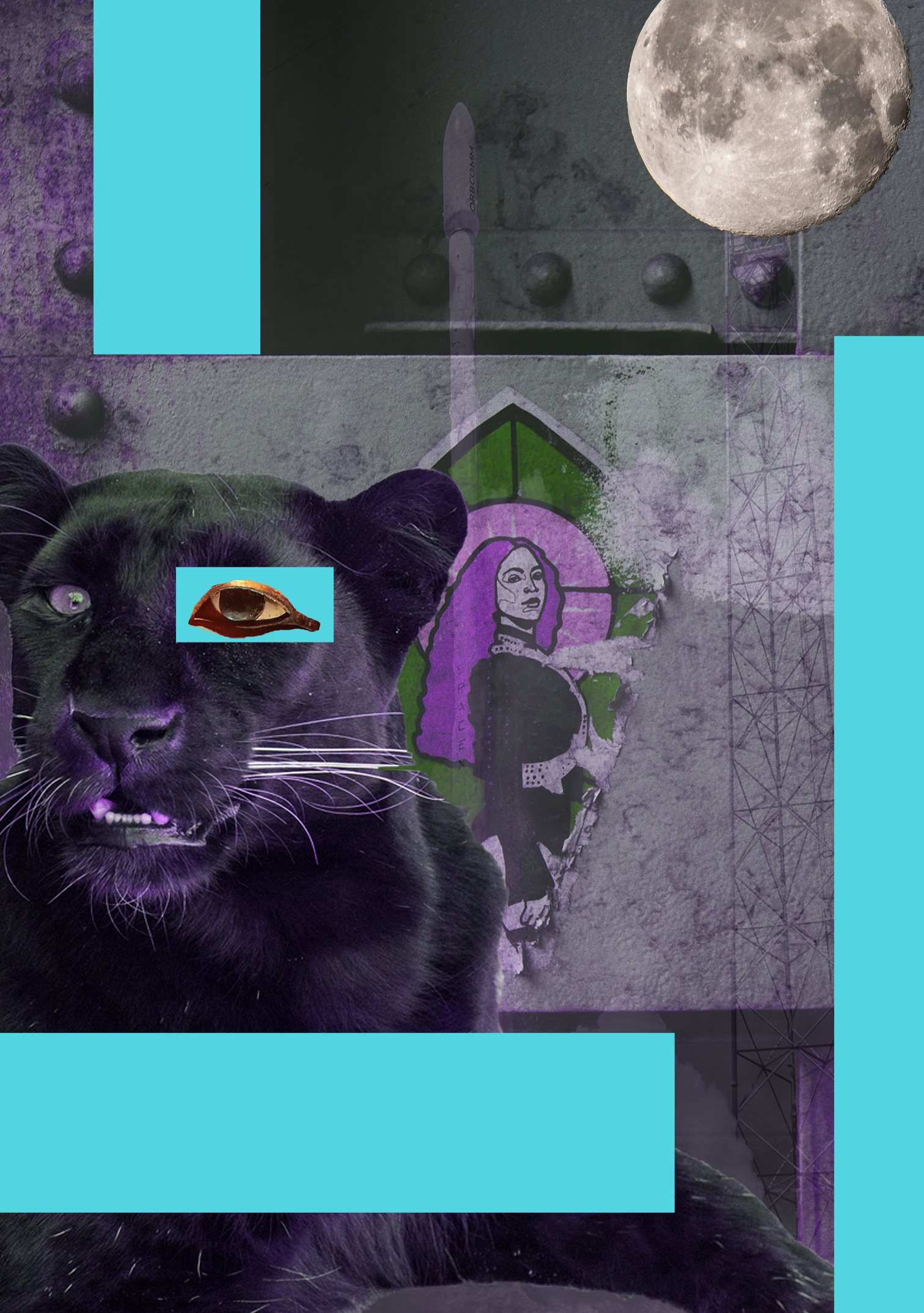I was reading A letter to my Fresher Self by Ore Ogunbiyi, and it really hit home. The article is a few years old, but her words are as relevant as ever.
«You will stand out and be made conscious of your difference for your whole time here and not everyone will get it. Not everyone will get what it is about existing in Cambridge as a black girl that makes it difficult or why. You will meet a lot of people who proclaim they are ‘not racist’ but don’t recognise how their inaction makes them complicit, why you value safe spaces, or even why your experience of Cambridge is necessarily different. Remember that it isn’t your duty to lecture and to explain because the emotional labour will take its toll. You are not the appointed spokesperson for black people, and don’t feel the pressure to be. Remember that you are not alone. Black women may be few and far between here, but find them, build a sisterhood and strengthen each other. Find shoulders to cry on because you will need them. Find support systems that work for you and take solace in them. Communities like the African Caribbean Society will be there to make you feel at home again. Take time to look after yourself. Bake and cook jollof even amid the stress that tries to break you."
Many students who excel academically get opportunities to go to high profile programs, and get important internships, where there is no support for or interest in what it means to be black. You will have to do that discovering and build that community yourself.
What can you do?
Read that James Baldwin. Read that Toni Morrison. Make a point of reading works by black authors, since they will not be in your curriculum. I recently finished reading Homegoing, by Yaa Gyasi. It was a transformative experience. The book covers the descendants of two sisters over seven generations, beginning in 18th century Ghana and ending in 21st century America. It dives deep into the open wound of slavery and is personal while encompassing of the vastness of the black experience. I highly recommend if you are looking to begin your foray into black literature.
Consume music with creative and positive portrayals of blackness in all its forms. My go-to is anything from Beyoncé’s Lemonade, but perhaps Kanye’s Sunday Service, or something else does it for you. As a woman I find that Lemonade’s focus on healing and inner peace is extremely powerful (if you want to know why, read Beyoncé in Formation, by Omise'eke Natasha Tinsley. She explains the history and intersectionality of Beyoncé and other black pop icons better than I ever could).
Watch movies and television produced by and featuring black people. I make a point of re-watching Hidden Figures when I need a boost (RIP Katherine Johnson, who passed away this week). It reminds me that we can and do excel in STEM, and that nobody has any business making me feel lesser. I love Beyoncé Homecoming for its sheer energy and flawless execution. I love Black Panther for the fantasy of a world where colonialism never happened. More recently, I finished Mortel, a Netflix France production featuring Louisa, who lives with her voodoo-practising grandmother. I relished in this world of spirits and superstition. I cannot wait to start watching Queen Sono, which premiered just yesterday.
Watching a movie in your dorm room cannot replace having a black network of real-life support. But it can give you strength and hope when you are far from home. Know that you are not alone and capable of greatness.
